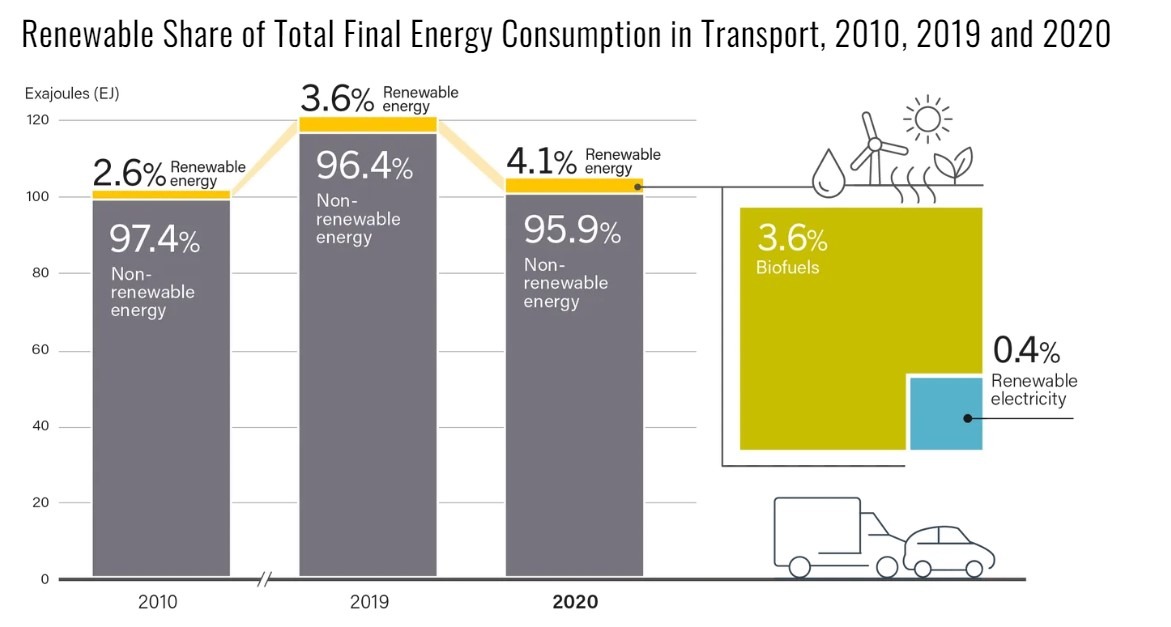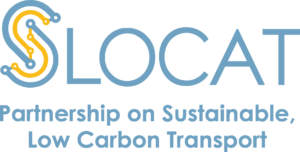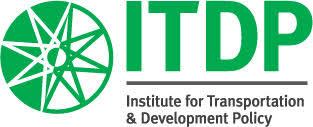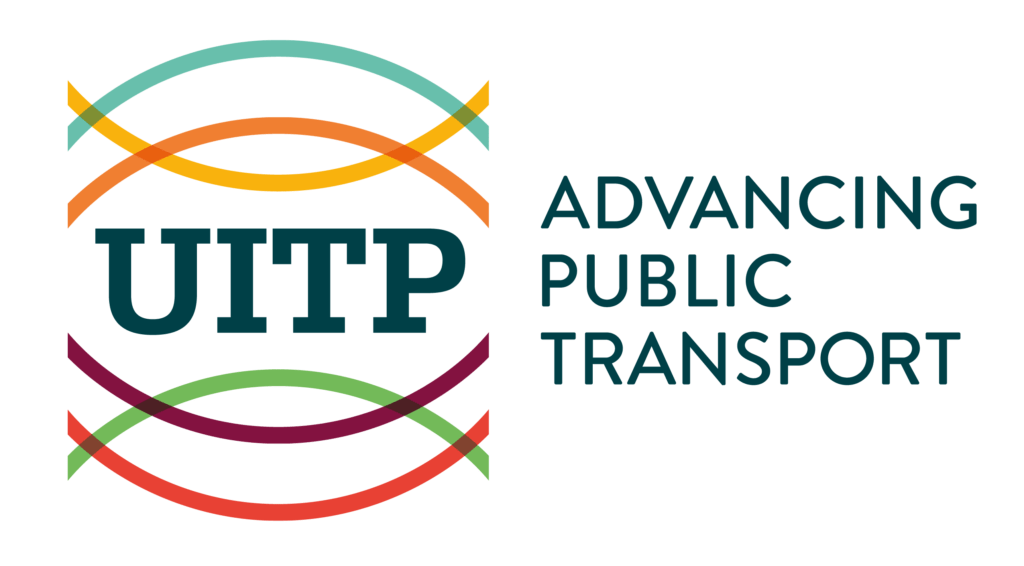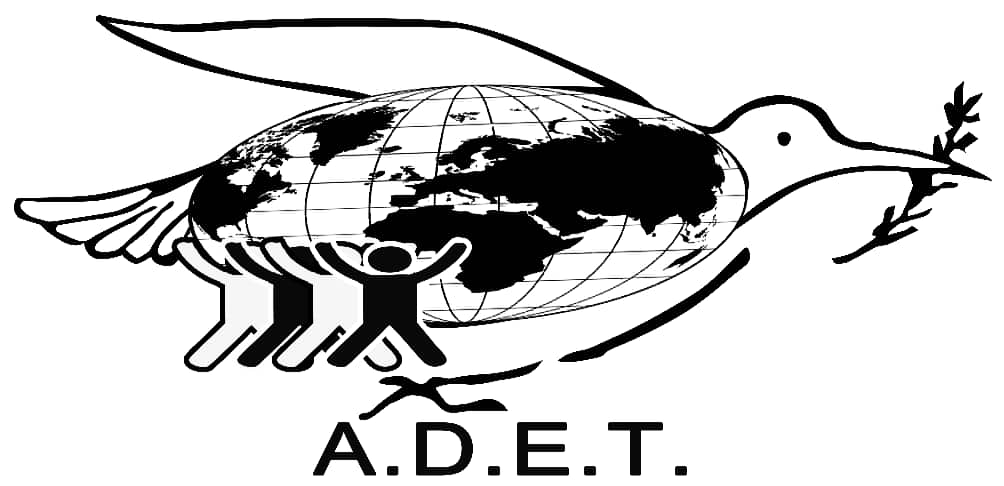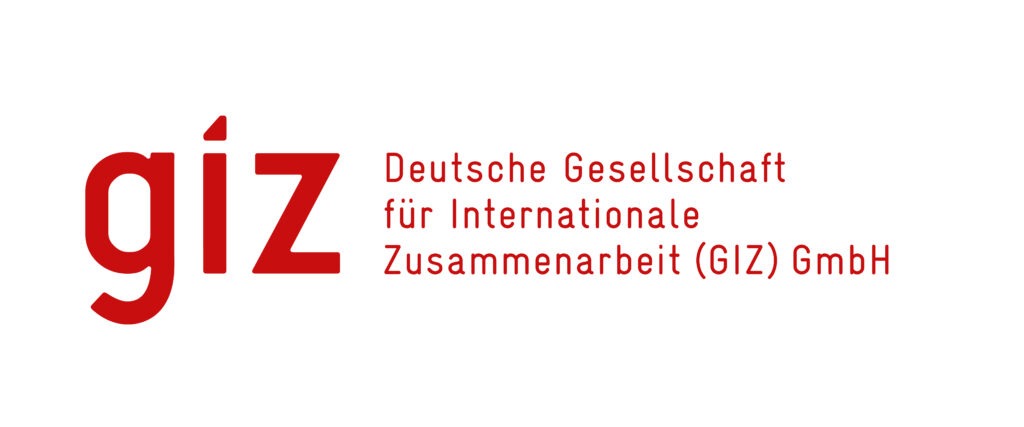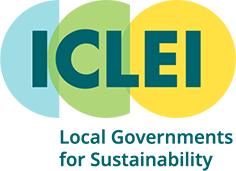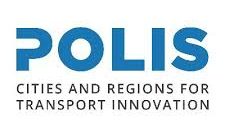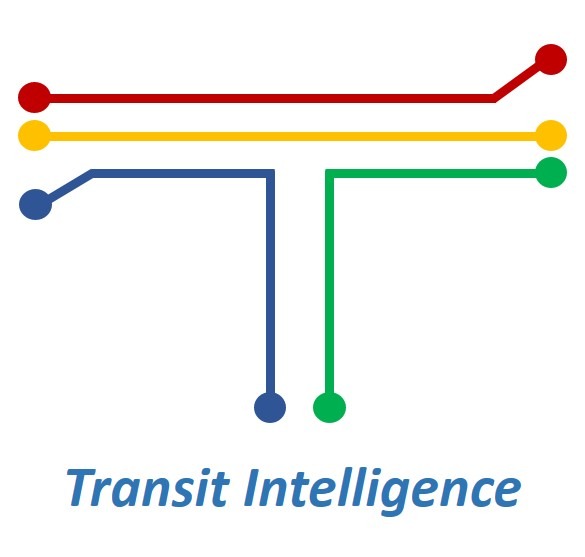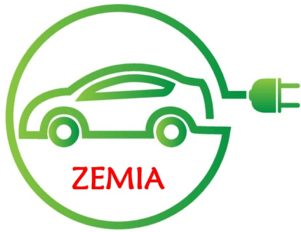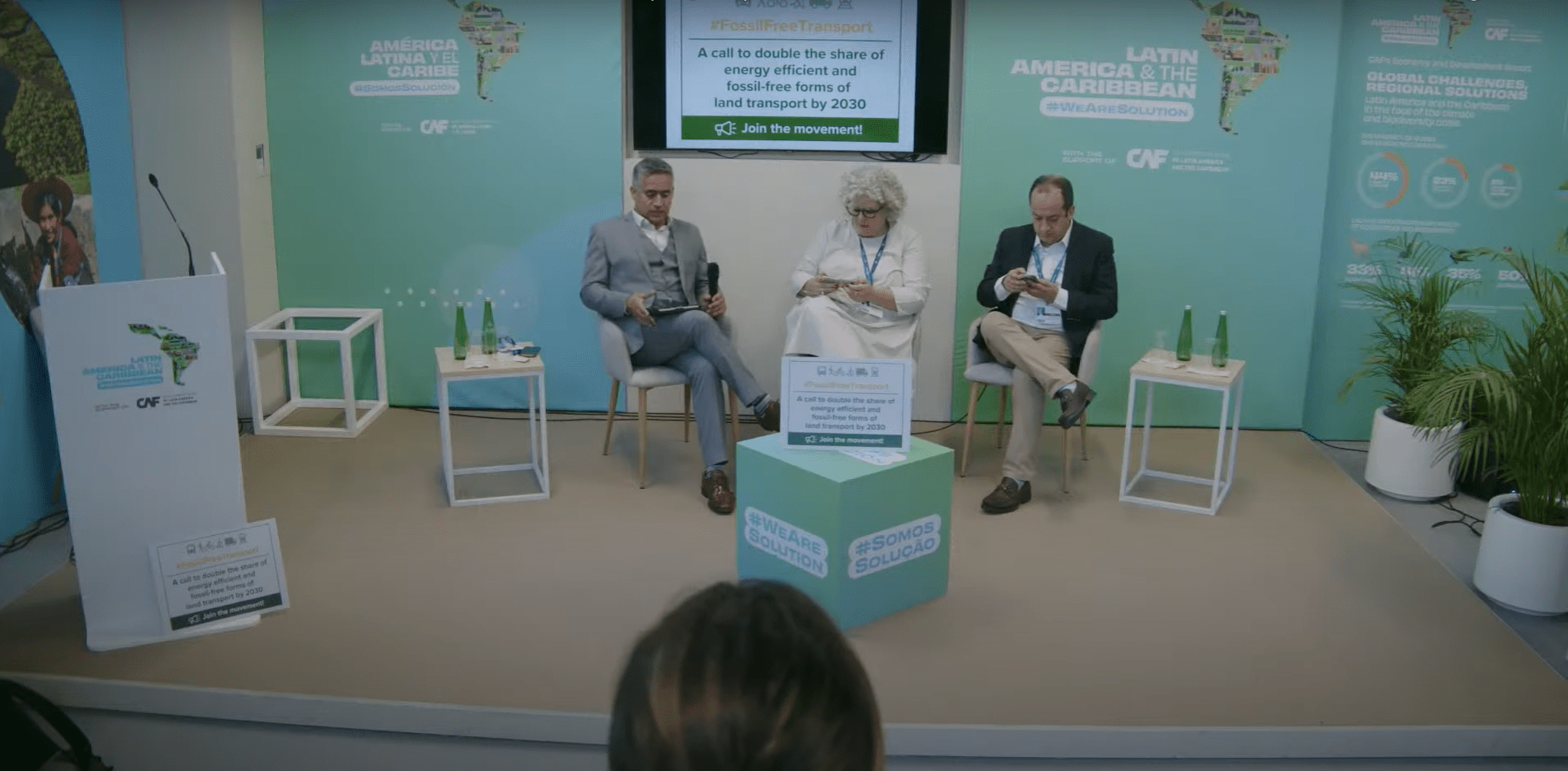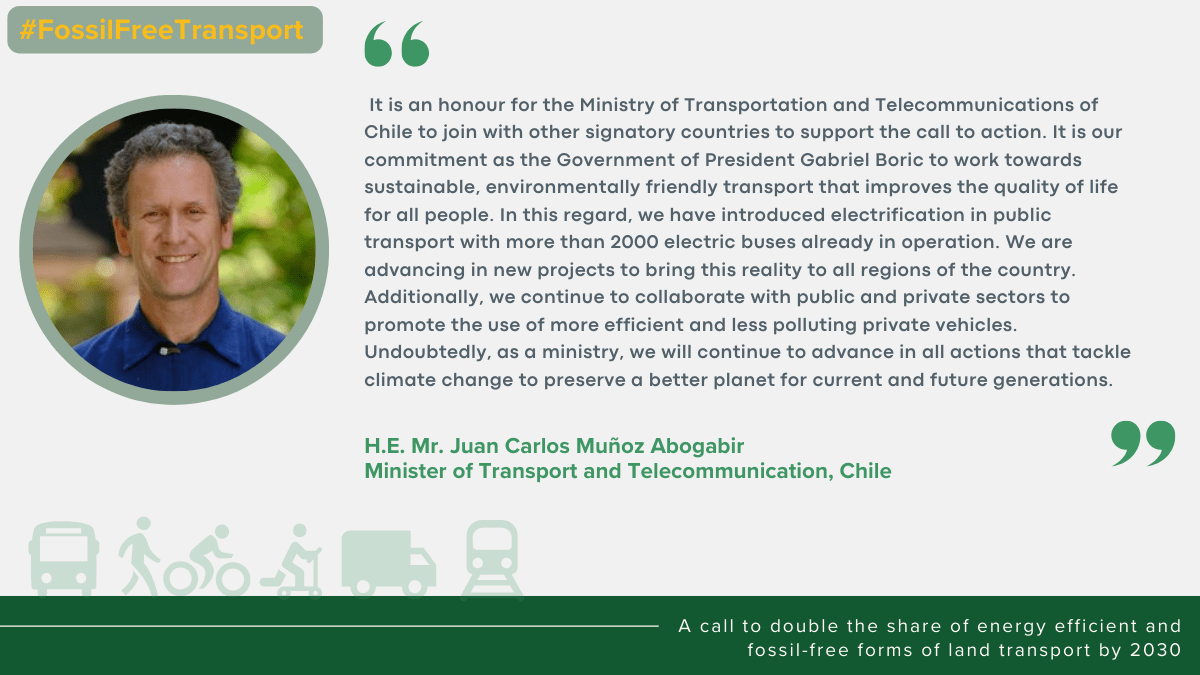Drastic reductions in emissions and energy demand from land transport
Because of its near complete dependence on fossil fuels and the growing demand for transport, the transport sector accounted for 20.7% of global fossil fuel CO2 emissions in 2022. The share of renewable energy is only 4.1% of the total final energy demand in transport and needs to be increased. Road transport contributes more than three- quarters of global transport CO2 emissions.
Improved access to integrated land transport systems
Most of the world’s population lacks access to affordable, safe, sustainable land transport and the demand for transporting people and goods is projected to increase substantially. This means that emissions, air pollution and energy demand from the land transport sector will also continue rising.
Drastic reductions in emissions and energy demand from land transport
Because of its near complete dependence on fossil fuels and the growing demand for transport, the transport sector accounted for 20.7% of global fossil fuel CO2 emissions in 2022. The share of renewable energy is only 4.1% of the total final energy demand in transport and needs to be increased. Road transport contributes more than three- quarters of global transport CO2 emissions.
Improved access to integrated land transport systems
Most of the world’s population lacks access to affordable, safe, sustainable land transport and the demand for transporting people and goods is projected to increase substantially. This means that emissions, air pollution and energy demand from the land transport sector will also continue rising.
Double the share – what’s in it?
Double the share of energy efficient and fossil-free forms of transport – What’s in it?
Approximately 73% of passenger-kilometre (PKM) globally needs to be either shifted away from cars or to electric vehicles by 2030 to be compatible with limiting global warming to 1.5ºC. Currently, PKMs in electric vehicles and non-motorised modes is approximately 34% globally. We need to double the share of energy efficient and fossil-free land transport. Starting points, circumstances and needs differ. The target provides flexibility to combine the elements for defining national and sub-national pathways.
This target “double the share” results from the combination of two metrics, namely:
(1) The share of light-duty vehicles (LDVs) fleet that needs to be electric by 2030 in a scenario compatible with the 1.5ºC target , converted into passenger – kilometre (based on average PKM per LDV, as per data from the International Transport Forum). This provides the total PKMs that need to be in electric vehicles by 2030.
(2) The mode shift away from LDVs in PKM that needs to happen by 2030 in a scenario compatible with the 1.5ºC target.
In places where high mode shares of public transport, walking and cycling, as well as electrified vehicle and railways already exist, while populations and transport demand are growing, the target is to maintain high mode shares and avoid increases in trips made by private motorised vehicles and fossil-powered land transport.
Facts and figures
Emissions and air quality
– Road transport across passenger and freight contributes more than three quarters of global transport CO2 emissions. The single largest source of transport emissions continues to be passenger road transport (47%). Across all transport modes, passenger transport accounts for 58% of global CO2 transport emissions and freight for 42%, with over two thirds of freight emissions provoked by road transport.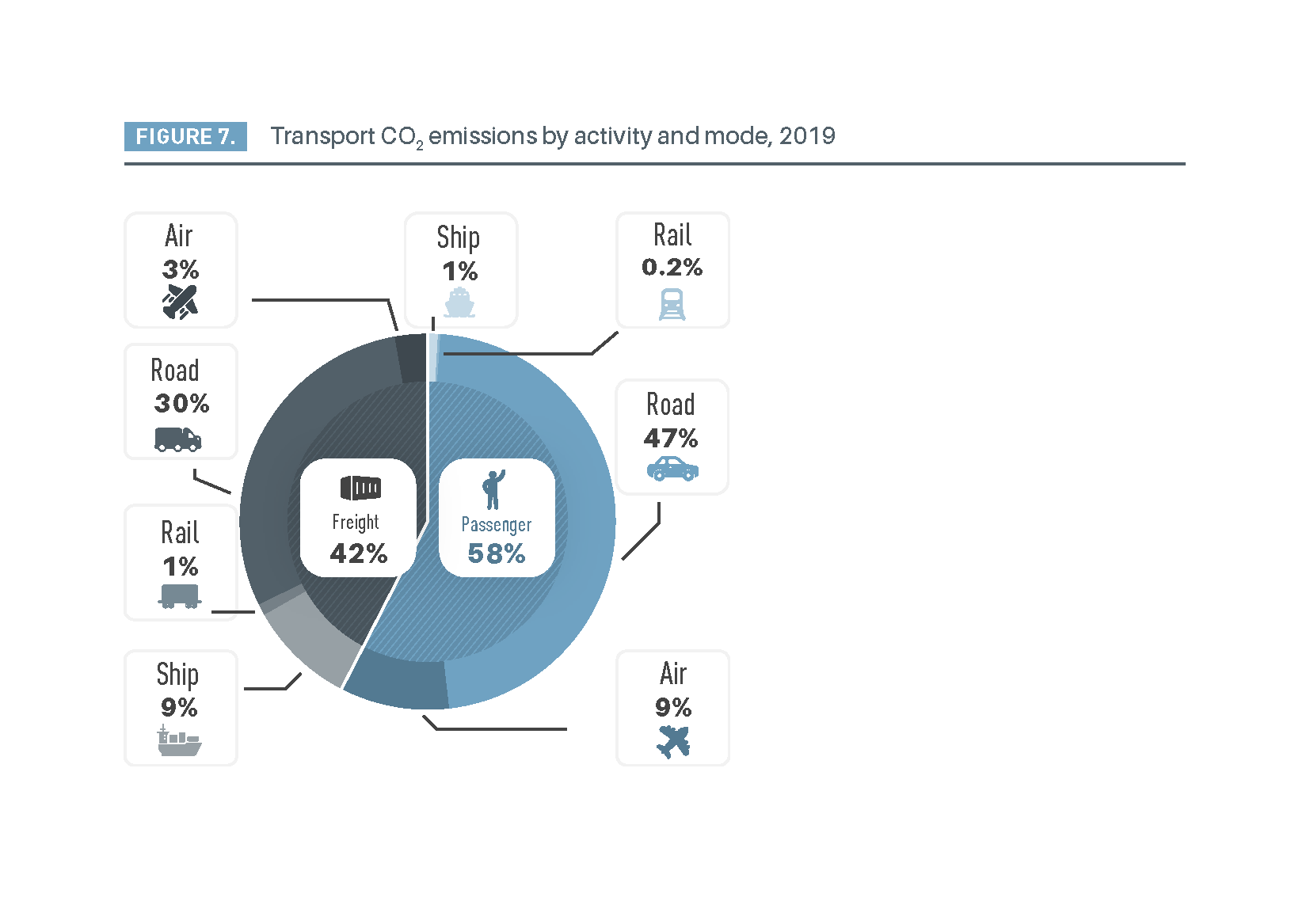 – Land traffic contributes 5% of the mortality from PM2.5 globally. The negative impact of fossil combustion on air quality is becoming more acute as our populations become more urbanised.
– Land traffic contributes 5% of the mortality from PM2.5 globally. The negative impact of fossil combustion on air quality is becoming more acute as our populations become more urbanised.
Source: SLOCAT Transport, Climate and Sustainability Global Status Report – 3rd edition
Access and demand
– Only 32% of African and 38% of Asian urban population have convenient access to public transport, compared to the 56% global average. Informal transport serves 30-50% of all passenger journeys in certain Latin American cities, close to 60% of the modal share in certain Asian cities, and between 70 and 98% of all motorised trips in some African cities. Despite growing demand, the modal share of rail, in both passenger and freight transport, remains limited. The vast majority of roads worldwide are not safe for cyclists and walkers.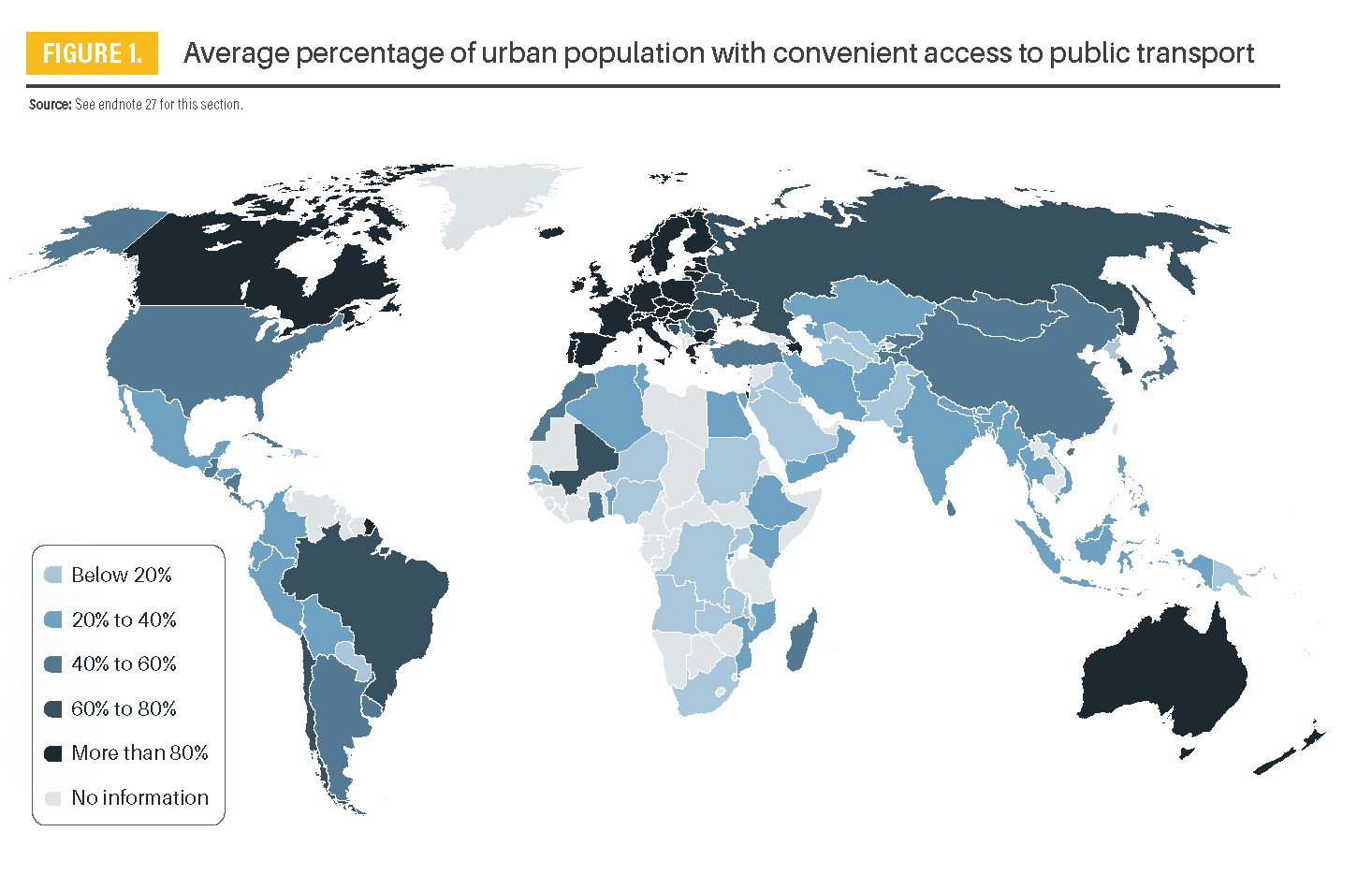

 – Global demand for passenger transport grew 6% between 2018 and 2022 and two-thirds of passenger transport globally is made in passenger cars. Global freight activity grew 7% between 2019 and 2022 and road transport accounts for nearly a quarter of freight activity globally.
– Global demand for passenger transport grew 6% between 2018 and 2022 and two-thirds of passenger transport globally is made in passenger cars. Global freight activity grew 7% between 2019 and 2022 and road transport accounts for nearly a quarter of freight activity globally.
Source: SLOCAT Transport, Climate and Sustainability Global Status Report – 3rd edition
Energy efficiency and renewables
– Transport is the fastest growing energy consuming sector, representing 30% of global energy demand. It is growing at an average rate of 2% per year.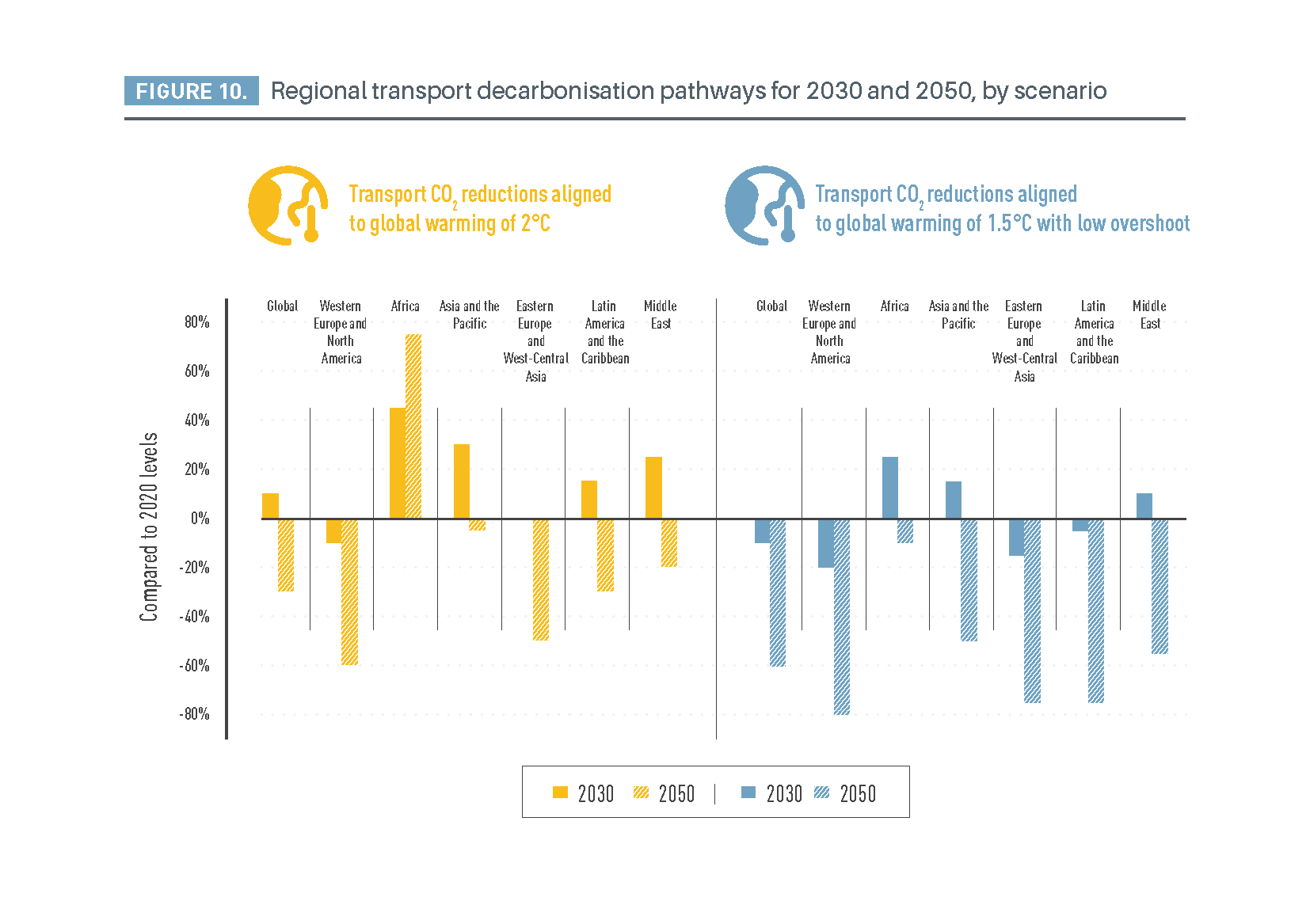 – Energy efficiency savings in transport in recent years are being outweighed by the rising transport emissions which are provoked by the growth in transport demand and the shifts towards higher-emitting transport modes.
– Energy efficiency savings in transport in recent years are being outweighed by the rising transport emissions which are provoked by the growth in transport demand and the shifts towards higher-emitting transport modes.
– Despite the increasing uptake of electric vehicles and renewables, 96% of the total final energy consumption in the transport sector is fossil fuels, only 4% is renewables – a share that has hardly changed over the last decade. Transport has the lowest penetration of renewable energy among the main end-use sectors (buildings, industry and agriculture). Only a third of the power fuelling electric vehicles is from renewable sources.
Source: REN21 Renewables 2023 Global Status Report collection and SLOCAT Transport, Climate and Sustainability Global Status Report – 3rd edition
